About Me
I am an MSc student in Data Science at the Technion, working under the supervision of Yevgeni Berzak at the Language, Computation and Cognitition (LaCC) Lab. My research focuses on computational approaches to studying human language processing, using eye-tracking data to model reading behavior and linguistic patterns. By developing and applying computational methods, I aim to uncover the fine-grained dynamics of reading across different contexts, contributing to a deeper understanding of how humans and AI systems interact with language.
- Natural Language Processing (NLP)
- Computational Psycholinguistics
- Multimodal Learning
- Cognitive Science
MSc in Data Science - With Thesis, Oct 2023 - Mar 2025
Technion - Israel Institute of Technology
BSc in Data Science & Engineering, Oct 2020 - Oct 2023
Technion - Israel Institute of Technology
Experience
- Teaching Assistant for Language, Computation & Cognition.
- Active part in “Incremental Accumulation of Linguistic Context in Artificial and Biological Neural Networks”
Featured Publications
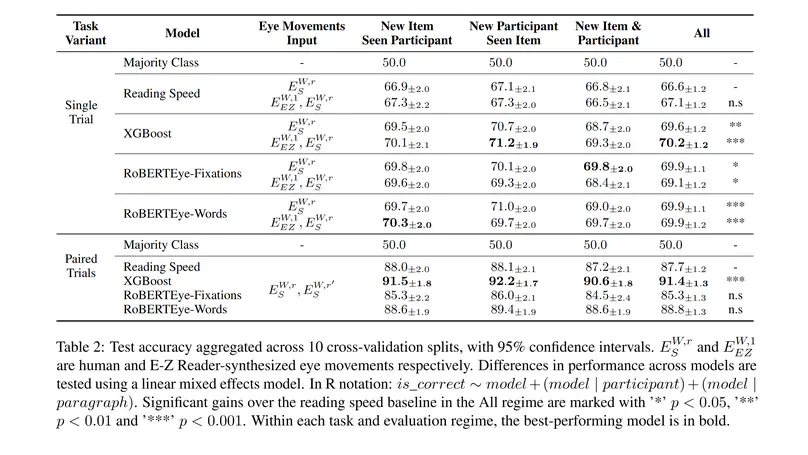
The work investigates whether a reader’s prior exposure to a text can be detected solely from their eye movements. To tackle this, the authors propose two task variants and demonstrate that both feature-based and neural models can successfully distinguish repeated readings from first readings. They further enhance their models by incorporating machine-generated simulations of eye movements from a cognitive model and provide an analysis that sheds light on the underlying memory effects, paving the way for future predictive applications in repeated reading.
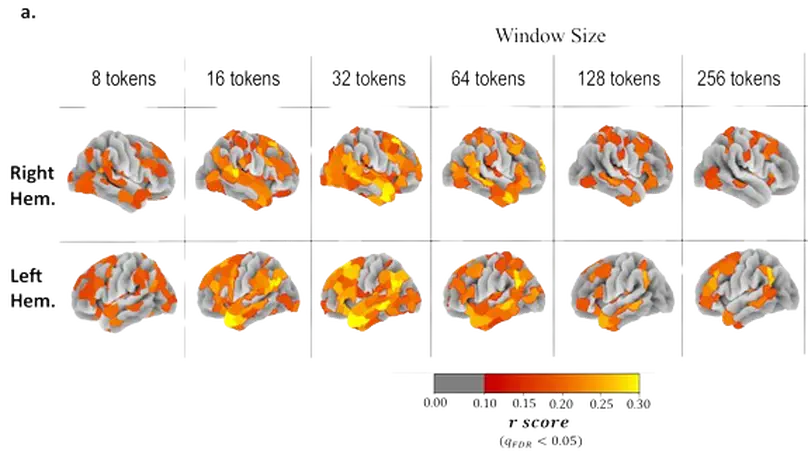
This study proposes an incremental language model that better captures how the brain processes auditory context over long timescales by summarizing information incrementally, matching neural activities in the neural networks.
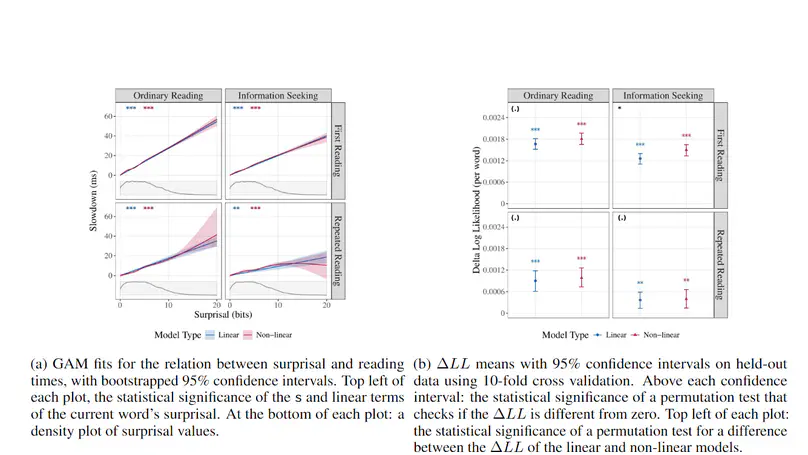
This study investigates the impact of word predictability on processing difficulty in different reading contexts, including information seeking and repeated processing. While general predictions about the relationship between word predictability and processing time hold, specific contexts reveal discrepancies with surprisal theory, indicating potential misalignments between human cognitive mechanisms and existing language models.
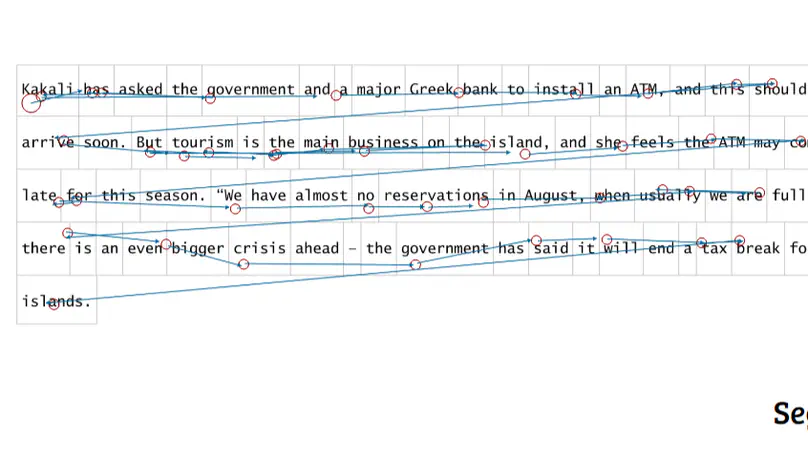
This study explores whether eye movements during reading can effectively predict reading comprehension, utilizing large-scale eyetracking data and focusing on single-question assessments from text passages. The findings indicate that while the task is challenging, eye movements provide valuable signals for predicting comprehension, with evaluations conducted across various models and reading contexts, and all data and code will be made publicly available.
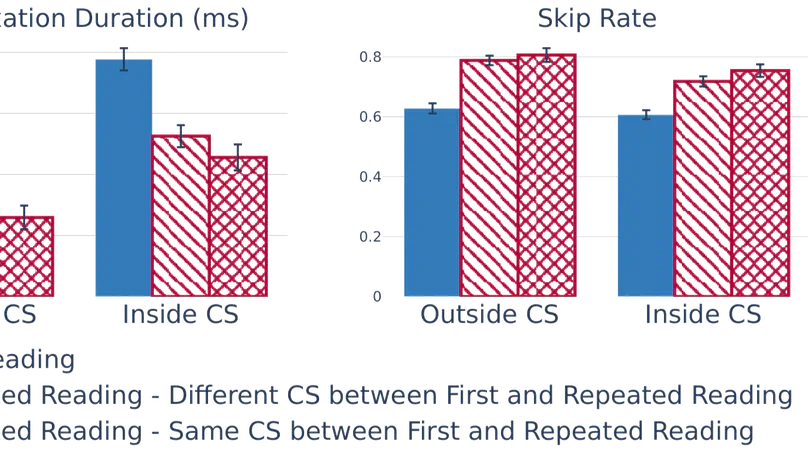
This study investigates how eye movements differ between first and repeated readings in L1 English readers, focusing on linguistic properties and various reading contexts. The findings reveal significant facilitation effects during repeated reading, influenced by reading regime, intervening text, and task relevance, while also highlighting individual differences related to reading speed but not proficiency, offering insights for future models of reading eye movements.
Recent & Upcoming Talks
Contact
Contact me at:
- <last_name>.<first_name>(at)campus.technion.ac.il